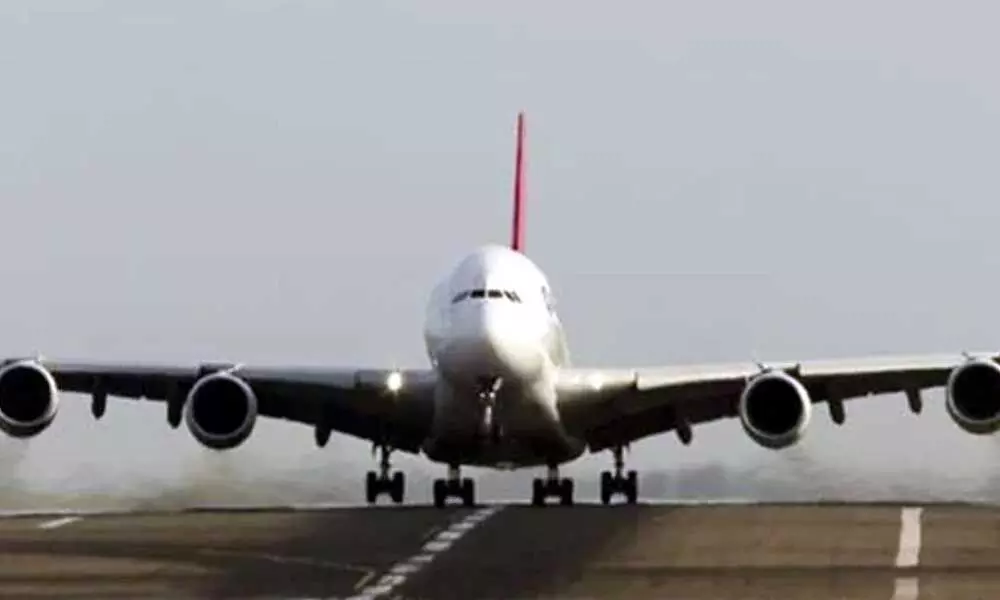Rising taxes on ATF, expensive SAF hurting aviation industry
Sustainable Aviation Fuels (SAF) - the future of the aviation fuel market - remain considerably more expensive than conventional fuel. SAF are an extremely effective tool for reducing CO2 emissions.
image for illustrative purpose

Sustainable Aviation Fuels (SAF) - the future of the aviation fuel market - remain considerably more expensive than conventional fuel. SAF are an extremely effective tool for reducing CO2 emissions. They are a proven technology and delivered as a drop-in solution, meaning that they are blended into conventional fuel outside the airport and thus require no additional infrastructure. Nevertheless, insufficient supply and high prices mean that SAF uplift has been just a small fraction of the 0.1 per cent of total fuel volume that airlines would consume in a normal year.
'Fit for 55' proposes a mandate to increase SAF utilization to two per cent of jet fuel use by 2025 and at least five per cent by 2030. It does not, however, suggest any specific measures to reduce SAF costs.
Fit for 55 is the European Union plan to reduce greenhouse gas emissions by 55 per cent by 2030. The package was proposed in July 2021 by the European Commission. Under an accelerated legislative process, the plans may become law in 2022. Fuel has always been a significant cost for airlines. But the pandemic and subsequent recovery has blurred the picture as digitalization, new aircraft, and environmental mitigation, both mandated and voluntary, add new pressures to supply and demand.
Oil marketing companies hiked ATF prices by around three per cent this month after two price cuts in December. The price of ATF had peaked at Rs 80,835.04 per kl in mid-November before it was cut on December 1 and 15 by a total of Rs 6,812.25 per kl or 8.4 per cent. The hike is likely to hurt airlines as rising costs will add to their woes at a time when they are struggling to fill seats.
Taxes siphon money from the industry that could support emissions' reducing investments in fleet renewal and clean technologies. To reduce emissions, we need governments to implement a constructive policy framework that, most immediately, focuses on production incentives for SAF. It would still be difficult for airlines to pass increased operating costs on to passengers due to competition and fear of losing out on market share. Jet fuel prices are revised on the 1st and 16th of every month based on the average price of the international benchmark in the preceding fortnight. The increase in rates reflects a rise in international crude oil prices in the last 15 days.
Crude oil prices have been on the rise as the Omicron variant has once again forced countries across the world to adopt restrictions to contain its spread.
Compared to the same period last year, ATF prices are still around 91 percent higher, data from the websites of oil marketing companies shows. The new ATF price hikes will now force airlines to hold off on more discounts as people are reconsidering travel plans in the wake of the rise in Omicron cases and curbs by State governments.

